11. Zoolander
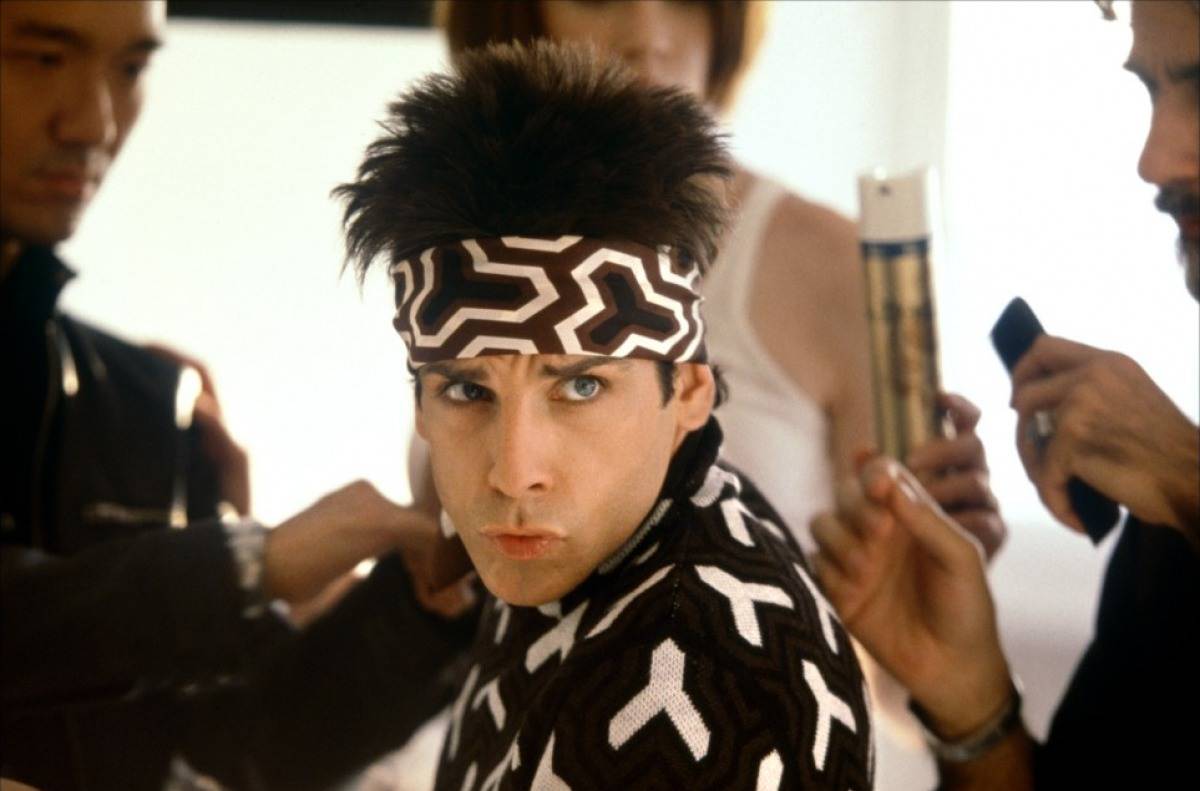
Ostensibly, the razor-sharp satirical writings of controversial author Bret Easton Ellis have little (if anything) in common with the broad, goofball stylings of big screen comedy Zoolander. However, those who have read Ellis’ Glamorama will already know that its underlying narrative is nearly identical to that of the 2001 film starring Ben Stiller and Owen Wilson.
These similarities weren’t lost on Ellis, either – he even tried to take the filmmakers and production companies involved to court. Intriguingly, it’s not entirely clear what the outcome of these efforts was, as Ellis isn’t allowed to publicly comment on the out-of-court settlement that resulted.
12. The Terminator
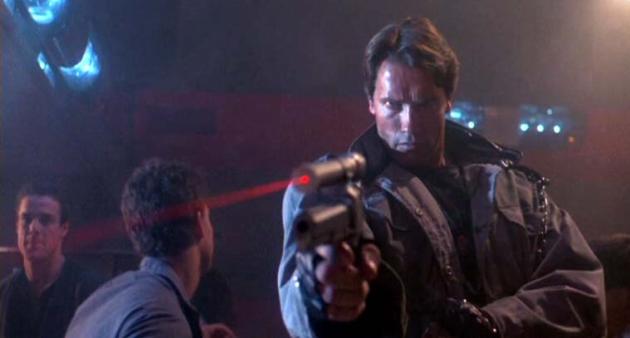
Speculative fiction scribe Harlan Ellison is infamous for his antagonistic public persona, and this combative nature has occasionally spilled over into copyright infringement lawsuits. Of these, the most high-profile was his dispute with Hemdale Film Corporation and Orion Pictures over perceived similarities between The Terminator and “The Soldier”, an episode of The Outer Limits written by Ellison.
Ellison spoke very highly of James Cameron’s film, but nonetheless felt that its overall plot – a time-travelling soldier defends a young woman from an assailant hailing from the future – hewed too closely to that of “The Soldier”.
Unwilling to run the risk of losing in court, Orion pushed to settle the case out of court, and in 1986 Ellison received a sizeable payout and later prints of the film acknowledge the author in the credits. To this day, Cameron remains incensed by this outcome, strongly denying that he and Gale Ann Hurd plagiarized Ellison’s work, and branding it a “bum deal”.
13. Nosferatu
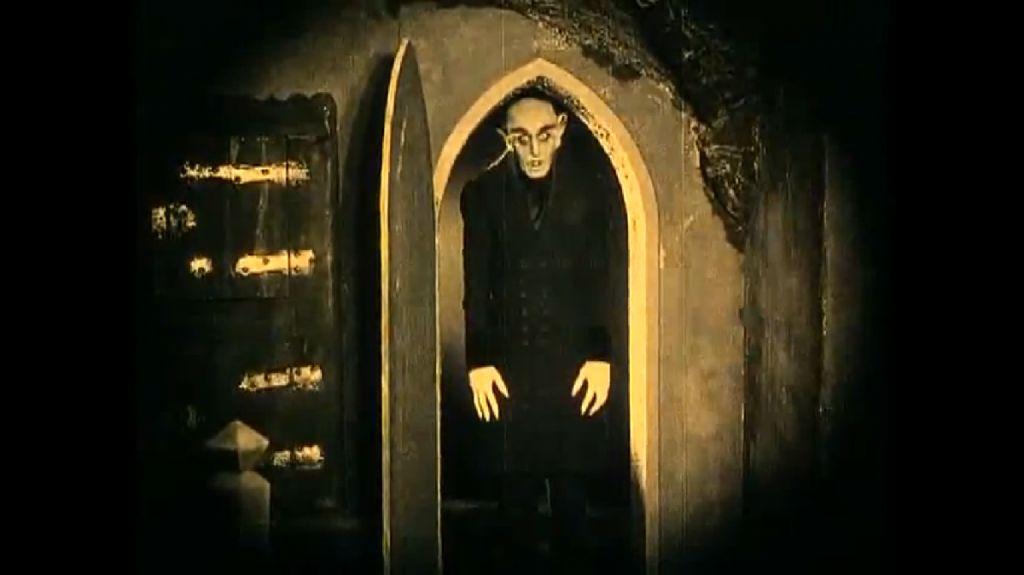
Without doubt one of the most artful rip-offs in the history of cinema, F.W. Murnau’s Nosferatu is quite clearly a thinly-veiled adaptation of Bram Stoker’s seminal Gothic horror novel, Dracula. This wasn’t lost on Stoker’s widow, Florence, either – acting on her behalf, the Stoker estate promptly sued production house Prana Film. The court ruled in favor of Stoker’s estate, and the financial restitution Prana Film was ordered to pay bankrupt the fledgling company.
But far worse from a film historian’s perspective was the judge’s requirement that each and every print of Nosferatu be destroyed – which very nearly erased all trace of one of the most important and influential movies of the silent era. Fortunately, one copy of the flick survived, and in the intervening years, this has been duplicated multiple times, preserving this masterful (if not entirely original) piece of filmmaking.
14. E.T. The Extra-Terrestrial
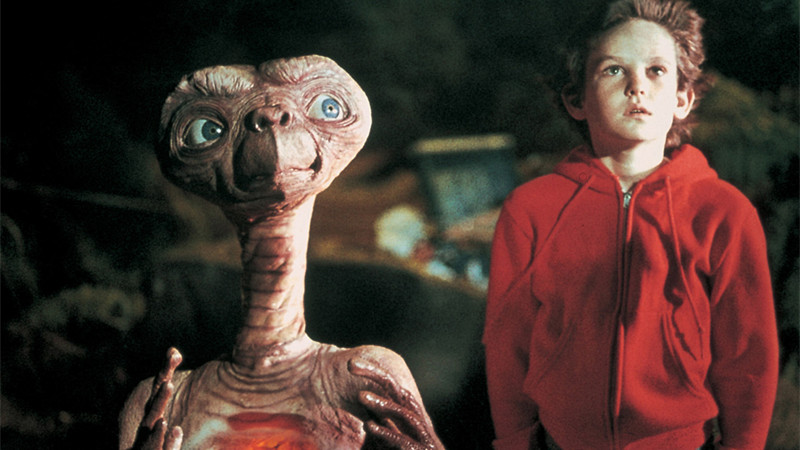
The second entry on this list concerning a Steven Spielberg flick, this time we’ll take a look at plagiarism allegations made against Sir Steve’s 1982 family sci-fi classic E.T. the Extra-Terrestrial. The first of these was made by Indian auteur Satyajit Ray, who believes that Spielberg and screenwriter Melissa Mathison lifted ideas for their script from Ray’s unproduced screenplay, The Alien, which was doing the rounds in Hollywood in the late 60s.
Spielberg has always denied this, pointing out that he was still in high school at the time, and therefore unlikely to have encountered the script whilst it was being shopped to studios. That said, comments by fellow directing legend (and Spielberg’s friend) Martin Scorsese seem to at least partially support Ray’s claims.
Despite this, Ray has never taken Spielberg or Universal Pictures to court, not wanting to build a reputation in Hollywood as a vindictive figure. What’s more, Ray admires Spielberg as a director, which has left him further disinclined to pursue legal action.
Someone who did file a copyright infringement lawsuit was playwright Lisa Litchfield, the second person to allege that E.T. plagiarized their work. Whereas it seems that Ray might have been able to mount a somewhat credible case, Litchfield was unable to convince the court that Spielberg and Mathison modelled their smash-hit film on her one-act stage show Lokey from Maldemar.
15. The Cabin In The Woods
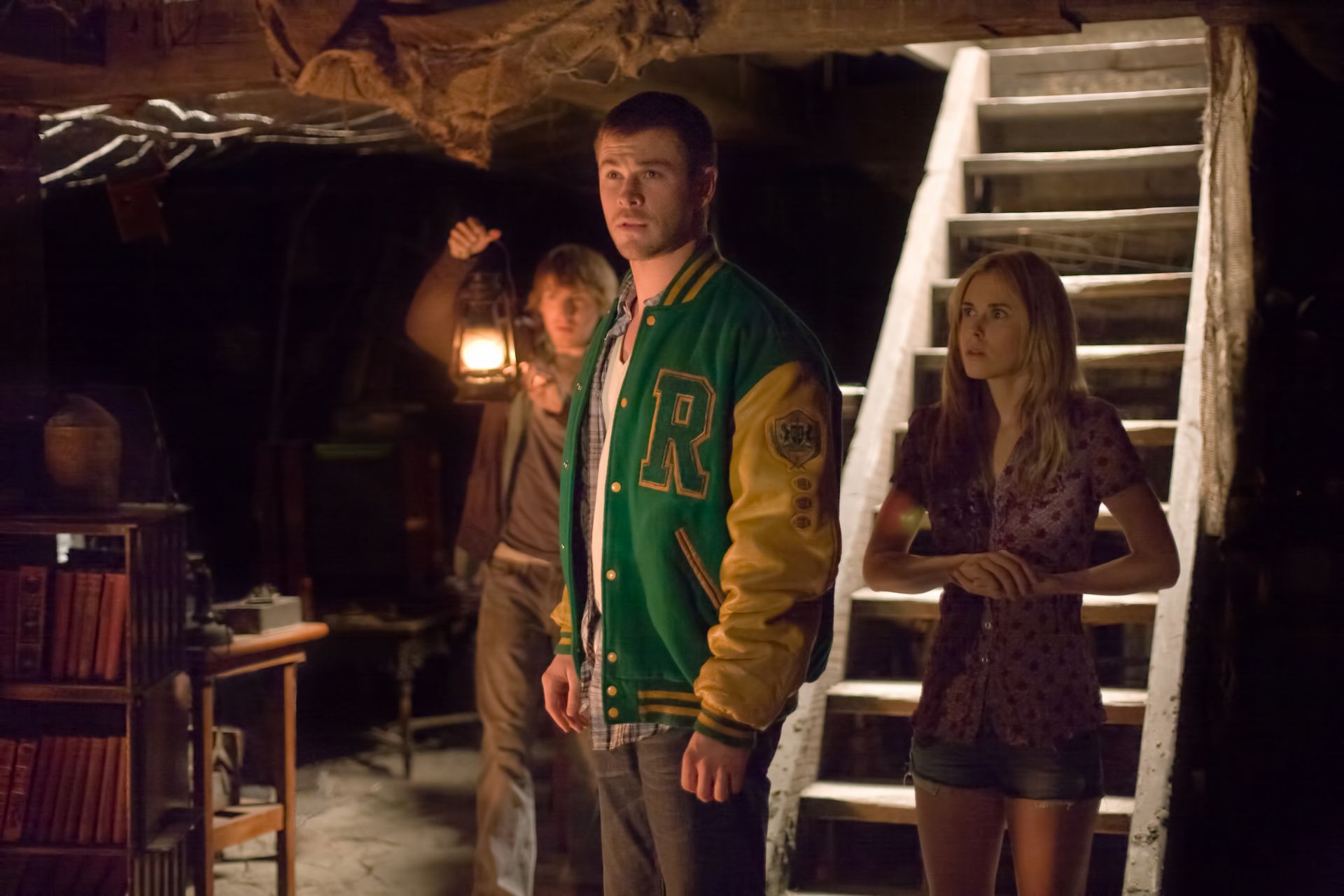
Drew Goddard’s comedy-horror The Cabin in the Woods impressed critics back in 2012 with its deft blend of laughs and scares – not to mention its sly commentary on the genre. Indeed, much was made about what a breath of fresh air this deconstructionist take on the slasher flick was, although not everyone agreed on this score.
Specifically, Peter Gallagher (the author, not the actor) sued Goddard and co-writer Joss Whedon for copyright infringement, claiming that they swiped the premise for The Cabin in the Woods from his novel, The Little White Trip: A Night in the Pines.
Gallagher sought $10 million in damages from Whedon and Goddard, in a lawsuit that also named Mutant Enemy Productions and Lionsgate Films (who produced and distributed the film, respectively). Fortunately for the filmmakers (but not for Gallagher), the case was thrown out of court six months into proceedings.
16. The Great Dictator
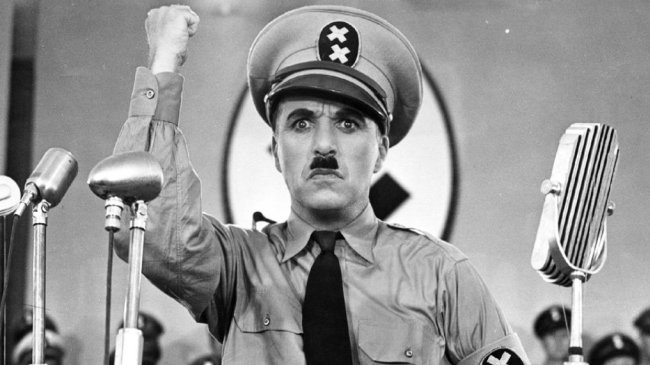
The Great Dictator is not only the most financially lucrative of Charlie Chaplin’s films, it’s arguably one of his most important, too. Released over a year before the United States entered World War II, Chaplin’s first proper “talkie” was an outright attack on Adolf Hitler and his twisted, hate-filled ideology.
Amazingly, The Great Dictator wasn’t just controversial when it played in theatres back in 1940 – this satirical masterpiece was the subject of a copyright infringement lawsuit seven years later, too! Writer Konrad Bercovici claimed that Chaplin never paid him for several key concepts he dreamt up during pre-production, including the iconic scene where Hitler stand-in Adenoid Hynkel dances with a globe of the world.
Chaplin settled the case out of court, shelling out $95,000 to make the suit go away. However, the influential filmmaker would later deny that any plagiarism had occurred. In his autobiography, Chaplin asserts that he only paid off Bercovici in response to his flagging popularity in America at the time, as well as to avoid an even less desirable outcome should the case go against him.
17. K-PAX
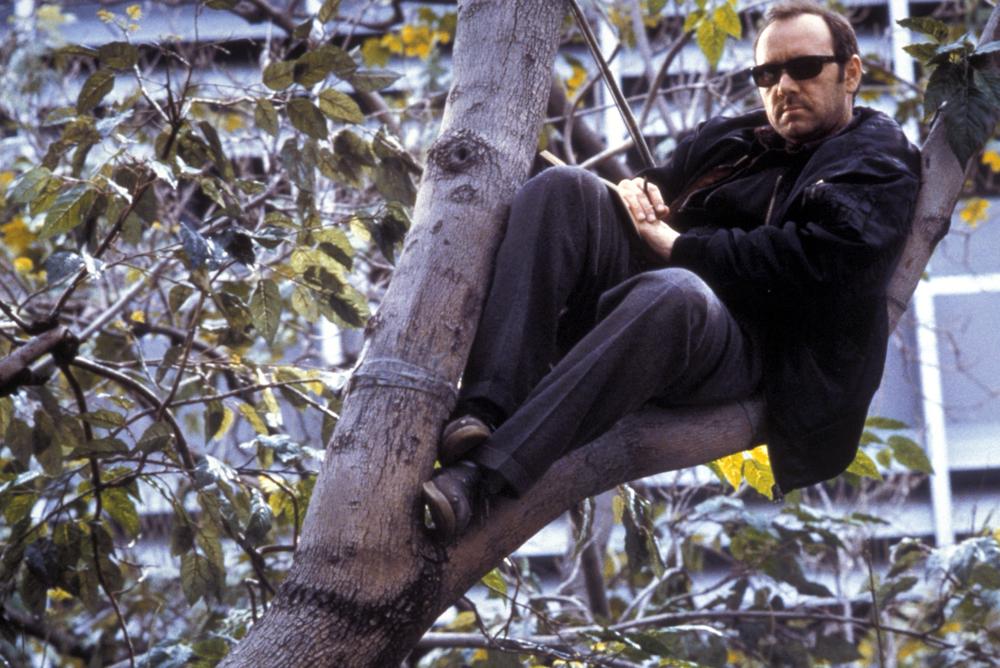
Despite a strong cast led by Kevin Spacey and Jeff Bridges, sci-fi drama K-Pax received a lukewarm response from critics and flopped at the box office. You’d think that would be the end of the filmmakers’ worries, but you’d be wrong – in 2001 (the same year the film was released), Argentian auteur Eliseo Subiela launched legal proceedings against them.
Subiela believed that the team behind K-PAX – including Gene Brewer, the author of the novel that supposedly served as its inspiration – plagiarised his 1986 movie Man Facing Southeast. As so often happens, the ensuing trial dragged on for several months, which proved to be a problem for Subiela, who was running out of money to fund his legal counsel.
In the end, Subiela was forced to drop the lawsuit, or face the very real prospect of personal financial ruin. Even so, the director never wavered in his conviction that K-PAX was a knock-off of Man Facing Southeast, openly stating as much until his death in 2016.
18. Demolition Man
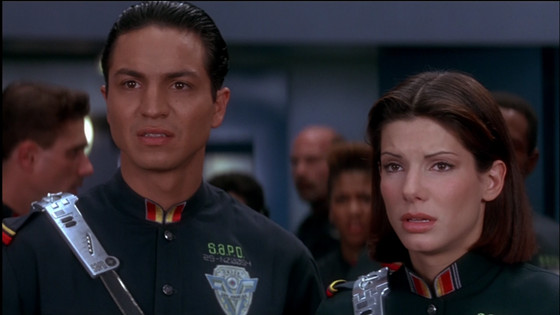
Demolition Man is possibly the definition of a “guilty pleasure” movie. This 1993 sci-fi action flick starring Sylvester Stallone and Wesley Snipes is a goofy delight, thanks in part to its sledgehammer-subtle social commentary and absurdist future setting.
Less amusing are the allegations of plagiarism by István Nemere, who maintains that Demolition Man essentially constitutes an unauthorized adaptation of his novel Fight of the Dead. Indeed, the prolific novelist asserts that an expert panel once declared that as much of 75% of the content in the film is a match for material found in Nemere’s book. So why hasn’t Nemere taken the filmmakers to court? Simple: he’s daunted by the prospect of going head-to-head with a heavyweight Hollywood studio, and the considerable cost this would entail.
19. In Time
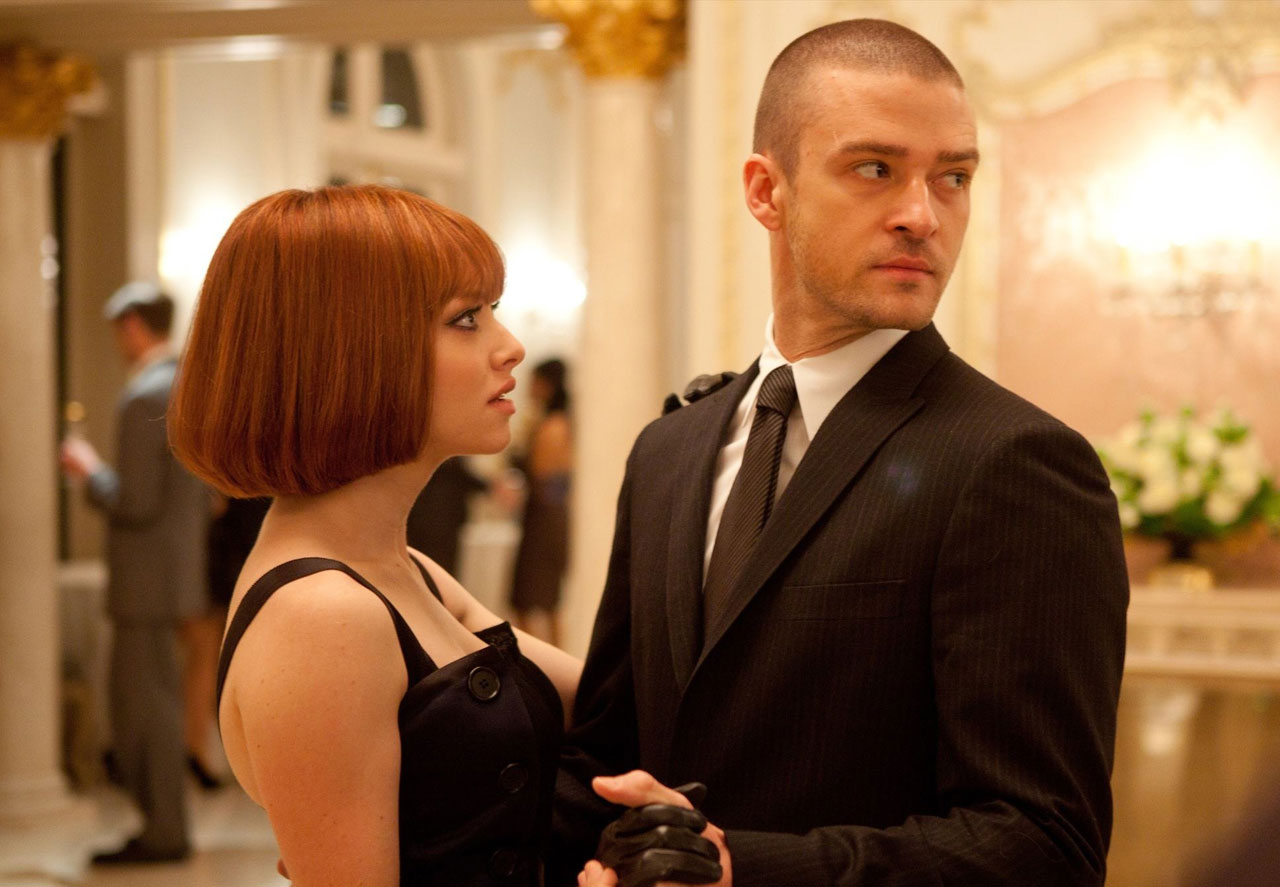
We’ve already mentioned that author Harlan Ellison is notorious for being a confrontational figure, but he actually dropped his lawsuit against the film In Time. The copyright infringement suit – filed against director Andrew Niccol and production company New Regency – argued that the sci-fi thriller’s underlying plot and concepts were too close to those of Ellison’s short story “Repent, Harlequin!” Said the Ticktockman.
However, Ellison’s case was apparently based off his initial impressions of In Time’s trailers and pre-release media coverage – it seems he hadn’t actually watched the movie before pursuing legal action. After the defendants granted Ellison an advance screening of the film, he decided that both works were sufficiently distinct from each other that no plagiarism had occurred, and subsequently abandoned all legal action against Niccol and New Regency.
20. Bee Movie
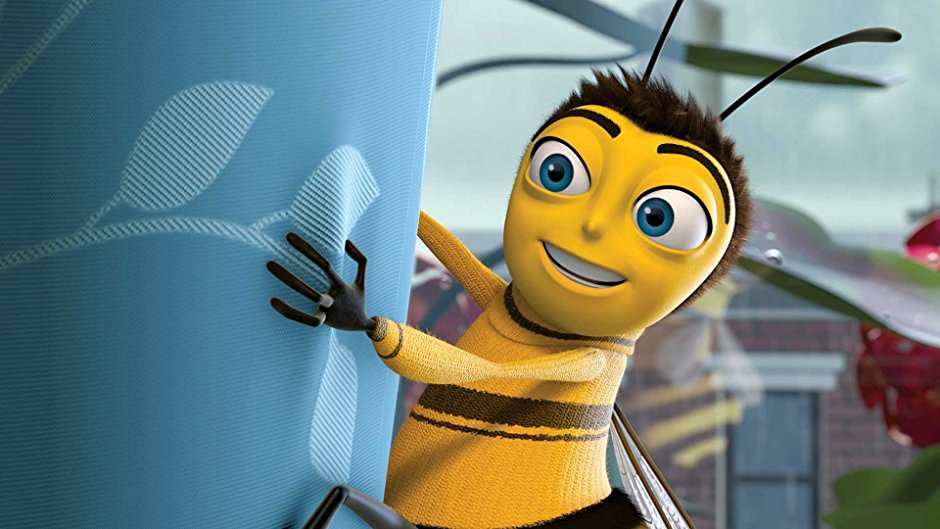
Animated family outing Bee Movie isn’t exactly the greatest creative endeavor to carry stand-up legend Jerry Seinfeld’s name, but it still raked in over $280 million at the box office in late 2007.
However, according to a group of Swedish animation students, at least some of that cash should have gone to them. Yes, they’re convinced the movie is a reworked version of their unsuccessful pitch, Beebylon, which DreamWorks supposedly turned down for being “too childish”.
Unfortunately for these aspiring filmmakers, they have so far been unable to find any legal professionals willing to take on their case, so a lawsuit has never materialized. For his part, Seinfeld has dismissed the plagiarism claims out of hand, joking that it is indeed possible that someone else also set out to make a film “about bees”.